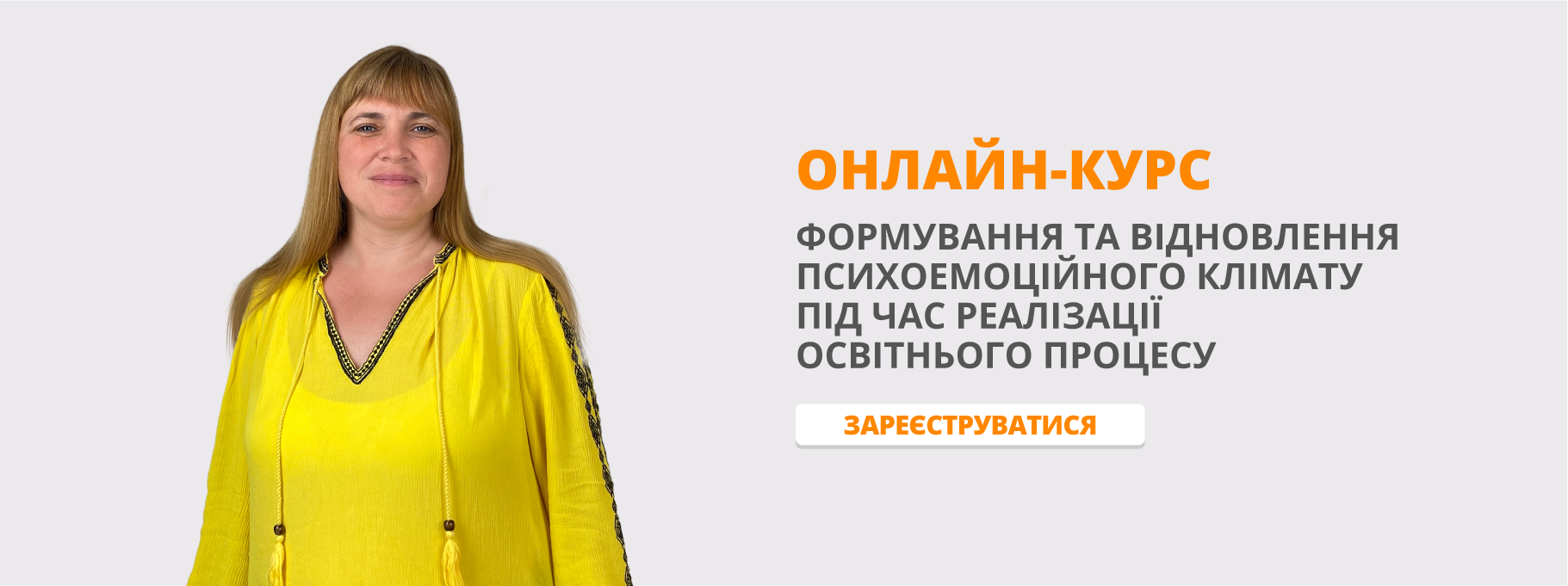Урок "My active and friendly family"
Topic: “My family is active”
Objectives: develop speaking skills using the chunks I have got …., This is a …. He can ….. She can…. and topic vocabulary
Outcomes: by the end of the lesson, students will be able to apply chunks in speech and use the vocabulary
Materials: poster with lesson’s rules, flashcards with topic vocabulary, pictures with family members in actions, labels to pictures, puzzles, video “Baby shark”, chunks, stickers
Anticipated difficulties: persistent use of first language, the fair of using a foreign language, strong pupils dominate
Procedure:
|
Time |
Stage |
T activity |
S activity |
Interaction |
Stage aims |
|
2 min |
Warmer |
1. Teacher greets the learners by saying “Good morning\Good afternoon| Good day, class! How are you today?”
2. Teacher focuses learners’ attention on lesson’s rules by pointing to the poster on the wall representing the main rules of the successful learning and elicits the rules by repeating them |
1. Learners react on teacher’s greeting answering “Good morning\Good afternoon| Good day, class! I’m great, fine, very well, pretty good, wonderful, excellent today” 2. Learners repeat the rules: “Speak in English”, “Listen”, “Try your best”, “Hand up”, “Respect each other” |
Teacher - learners
Teacher - learners |
Organize the learners, create warm environment
Discipline the learners |
|
2 min |
Focus on phonics |
Teacher demonstrates the sound [ð], explains how to pronounce and sticks it on the board. Then the teacher proposes children to meet an insect family who came to their lesson and introduces BEE FAMILY to children. Teacher sticks under the sound three bees with the words mother, father, brother and pays attention to a letter combination “th”, then asks learners to talk to bees by repeating the members of their family. At last teacher presents a tongue-twister for the learners: These are three brothers, these are their mother and father, this is their other brother. |
Learners repeat the sound [ð] and the words: mother, father, brother. Learners repeat the tongue twister after the teacher. |
Whole class |
Correct phonetic pronunciation |
|
3 min |
Guess what activity |
Teacher initiates learners to play a guessing game by showing children some activities with the help of gestures. For example: “I am a mother. What can I do?” and the teacher shows the action “jump” |
Learners are expected to guess the actions and to answer, for example: “You can jump” |
Whole class |
Identify and recognize the actions |
|
4 min |
Consolidation activity |
Teacher uses the flashcards with family members (mother, father, brother, sister, grandmother, grandfather) and sticks them on the board with their labels paying attention to the chunk “I have got …”. For example, teacher says “mother” and learners repeat chorally. Teacher continues “I have got a mother” and learners repeat the statement. |
Learners recall the words and statements |
Whole class |
Repeat and revise vocabulary |
|
5 min |
Running activity |
Teacher divides learners into two teams and asks them to stand in two rows in the middle of the classroom, then gives each learner in each team a number, so there are two numbers 2s, two numbers 4s etc. The teacher should say a number and then a word on the board. – e.g. “Numbers 3s: Run and touch, please, a grandfather”. The learners with this number should run to the board and touch the correct image. The fastest learner gets the point for the team. Before starting running teacher should warn the children not to push each other and not to shout too loud. |
Learners follow teacher’s instructions and play a game |
Competition |
revise the vocabulary |
|
2 min |
Physical break |
Teacher manages the children to sing and repeat the actions in the song “Baby Shark” |
Learners watch the video, sing and repeat the actions |
Whole class |
Show the actions, use the vocabulary |
|
4 min |
Matching activity |
Teacher asks learners to sit down in their two groups at the desks, then gives them the puzzles with people doing different activities and statements – e.g. He can run. She can dance. Children should gather the pictures using two parts and find appropriate statements |
Learners work in groups, match the parts of the pictures together and find the right statement for the picture |
Work in small groups |
Matching and recognizing |
|
6 min |
Extension |
Teacher shows the chunk: “This is a father. He can swim. This is a mother. She can sing”, and gives explanations, then asks learners to look at the pictures and to say the sentences, using the chunk, one by one, each time adding the new sentence. The last person in the group has to repeat all the previous sentences. |
Learners look at the pictures and Learner 1 says the sentence e.g. This is a father. Learner 2 repeats the sentence and adds another, e.g. This is a father. He can swim. Learner 3 repeats the previous sentences and adds more, e.g. This is a father. He can swim. This is a mother. Learner 5 repeats the previous sentences and adds one more, e.g. This is a father. He can swim. This is a mother. She can sing. They continue until the last person. The last person repeats all the sentences. |
Group work |
Applying chunks in speech |
|
2 min |
Summing up |
Teacher asks if the pupils liked the lesson |
Learners express their emotions |
Teacher-learners |
Summarize the lesson |


про публікацію авторської розробки
Додати розробку
